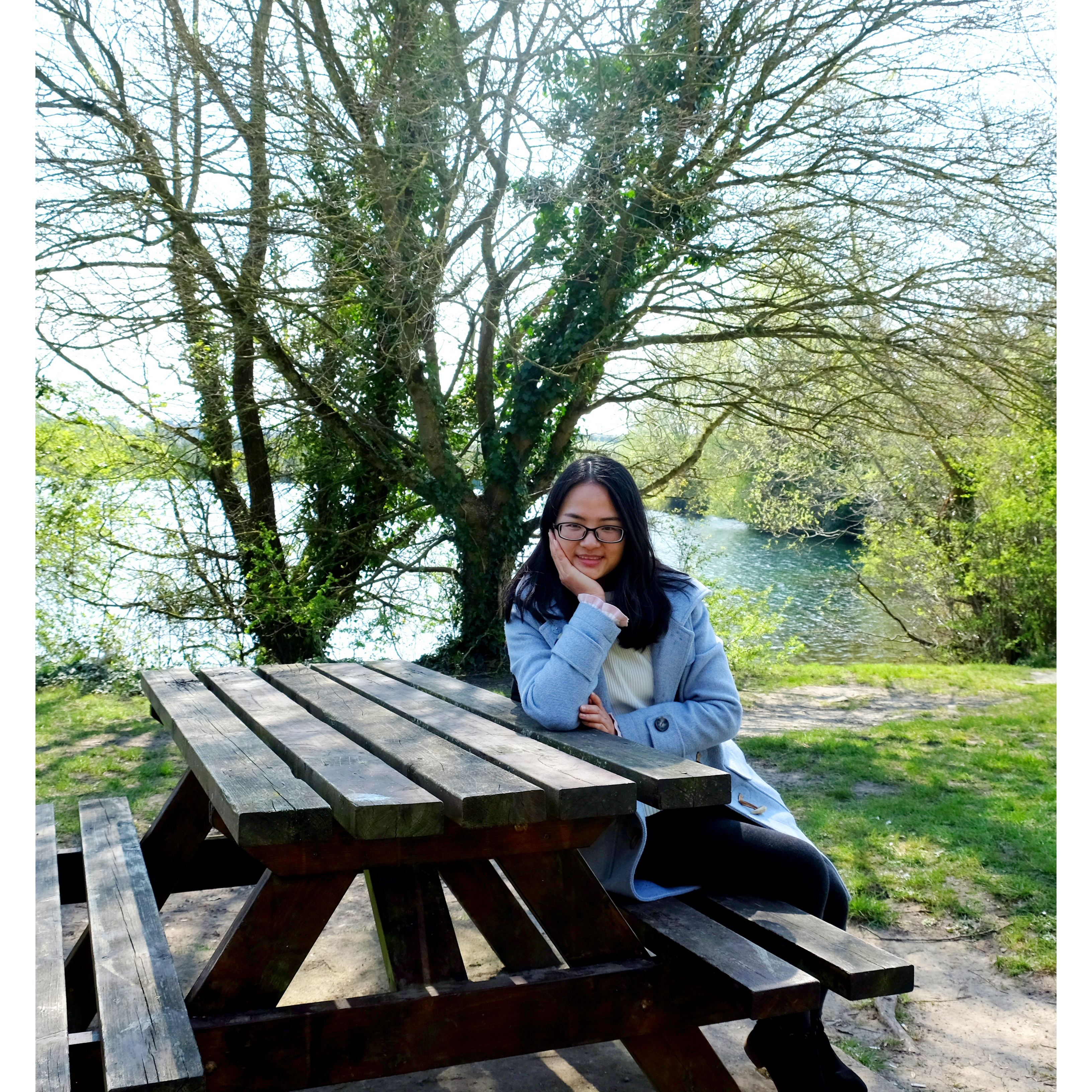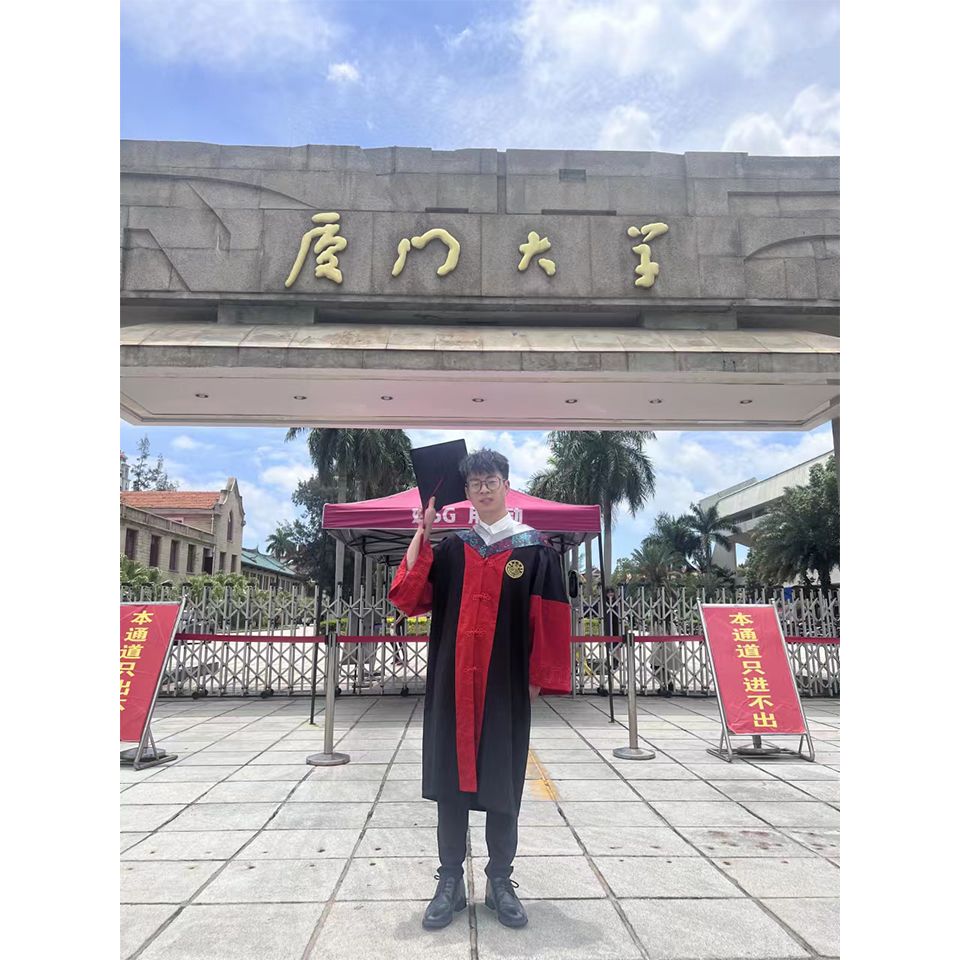Alumni

Shuaimin Lu
Ph.D.
Graduated in 2022

Xiaoting Meng
Ph.D.
Graduated in 2022

Yapei Wu
Ph.D.
Graduated in 2022

Meng Dong
M. S.
Graduated in 2022

Ziyan Liu
M. S.
Graduated in 2022

Shilong Zhang
M. S.
Graduated in 2022

Huilei Dong
Ph. D.
Graduated in 2021

Jun Zha
Ph. D.
Graduated in 2021

Weidong Liu
Ph. D.
Graduated in 2021

Cong Li
M. S.
Graduated in 2021

Yaqi Wu
M. S
Graduated in 2021

Shiyan Cheng
M. S.
Graduated in 2020

Xuejun Zheng
M. S.
Graduated in 2020
I obtained my bachelor's degree and joined professor Wu's group in 2017. My research focus on developing new methodologies to improve the stability of peptides as well as precisely regulate and effficient lock of linear peptides into multicyclic topologies with less isomers.

Xiaoli Zheng
M. S.
Graduated in 2020
I joined the group in Sept. 2017 as a master student. I take the research as a long-distance running which needs to persist. I’m working to screen selective and high affinity inhibitors for proteins implicated in pathologic cell survival by phage display technology and modify peptides that display on the gⅢp of filamentous phage by the chemical post-translational modification.

Yang Shen
M. S.
Graduated in 2020
I joined Prof. Wu's research team in September 2017 as a master student. My current research focuses on using dynamic covalent disulfide bonds and hydrazone to build a new trimer which can be used as an efficient linker to enhance stability of proteins.

Zirong Huang
M. S.
Graduated in 2020
My research focuses on developing unnatural amino acids compatible with solid phase peptide synthesis (SPPS), which can be used for studying structural motifs and functional peptides.

Wei Gao
Graduated in 2018
1. Deciphering the molecular mechanism of thiol-mediated disulfide exchange reactions on the cell surface.
2. Develop novel strategies to improve cell uptake based on the thiol-thioether exchange reactions on the cell surface.

Zhuoru Li
Ph. D.
Develop novel tools based on unnatural amino acids (cysteine analogues) and small molecules for peptide modification and cyclization.

Jingjing Liang
Ph. D.
Graduated in 2019
My research focus on designing drug molecules which target specific protein and can escape endosomes.

Yiwu Zheng
Ph.D.
Graduated in 2019
Disulfide: nature's gift to chemists. My goal is to decipher the molecular principles that govern precise disulfide pairing and also work to develop a suite of new probes that provide fundamental insight into Disulfide redox-biological fate.

Ping Lin
M. S.
Graduated in 2019
Phage display technology as an in vitro selection system is based on the expression of large peptide libraries on the surface of filamentous phage. My work is to screen bicyclic peptides which bind to protein targets with high affinity and selectivity.

Qianran Fei
M. S.
Graduated in 2019

Yaqi Chen
Ph. D.
Graduated in 2018
Peptides are promising molecular scaffolds for the development of potential therapeutics due to the high affinity and specificity to biomacromolecules. However, inherent instability towards proteolytic digestion limits their applications. My research is to exploit new strategies to improve the secondary structure and proteolytic stability of peptides, then benefit the development of peptide therapeutics and probes.

Jun Liu
Graduated in 2018

Mirao Zha
Graduated in 2018

Jinghui Wang
M. S.
Graduated in 2017

Jing Ren
M. S.
Graduated in 2017

Shunqing Zhou
M. S.
Graduated in 2017
